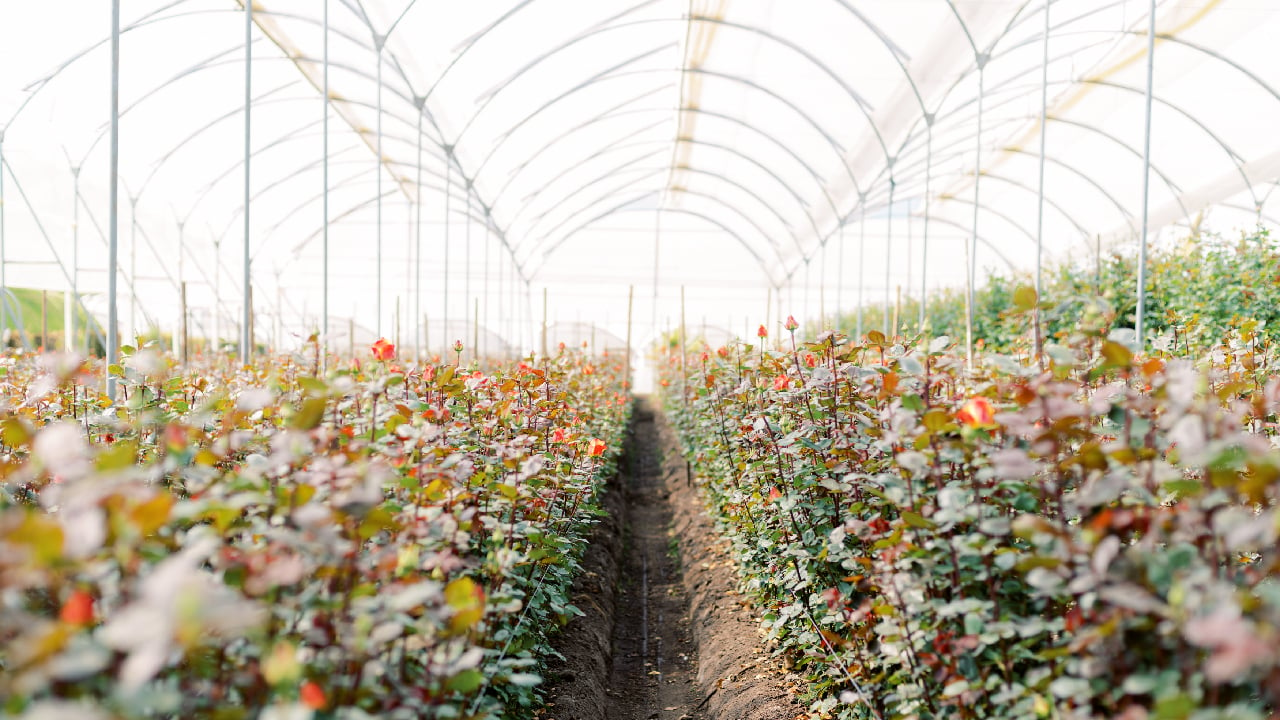Floral Industry Impacted by COVID-19
So little is known about how the flower industry works and how much really goes into the flowers in the arrangement on your kitchen counter or the bouquet you held at your wedding. Because our industry falls in the grey area of COVID-19 orders & mandates, and because some of our decisions have come into question regarding our interpretation of these orders, we decided the time is now to speak up for ourselves. If we don’t, who will?
Please help us share our story to educate the public and highlight the potentially devastating impacts of COVID-19 on the longevity of our beloved flower industry by sharing this blog post or by sending the media kit we have created (download below) to your contacts.
From the outside looking in, we’re “just in the flower business” - weddings, events, funerals, etc. - deemed nonessential by city and state governments. However, though our product may be deemed nonessential, the livelihoods of the thousands of people working in this industry are not. And, we do believe that although you don’t need flowers to survive, they have proven positive effects on our happiness and mental health.
So, let’s talk a little bit about how the industry works and the history behind it. The flower industry is made up of a number of working parts - growers, distributors (like us), logistics, florists & designers, and consumers. We rely on this supply chain in order to flourish.
Starting with the growers, a seed is planted and thus begins the process. The process of breeding new varieties, testing them in the soil, choosing which varieties to grow high volume production, harvesting, packing, shipping to wholesalers, and wholesalers getting them into the hands of our customers can take up to three years for a single flower.
When you take away a part of the distribution chain, i.e. the wholesaler, and the growers (who are currently allowed to operate as they fall under the agricultural umbrella) have nowhere for their product to go, you begin to dismantle an entire industry. Without a place to sell the flowers, growers have no choice but to tragically throw away their crops and eventually, because of no income, “turn the water off” and essentially close up shop forever. Once this virus runs its course and we are picking up the pieces, we’ll need to have flowers to work with. There will be challenges and casualties on many fronts, but let it not be because we have no flowers.
With the outbreak of COVID-19 and the global pandemic we’re currently experiencing, Mayesh made the decision to completely shut down all operations. However, after ten days of watching Amazon trucks deliver non-essential items hour after hour, and watching restaurants remain open for takeout and delivery (NOT because we need sushi to survive, but because people want to support small business owners and keep people employed), we realized that, being a distributor, we could safely reopen our shipping department to get flowers into the hands of our customers nationwide through carriers like FedEx, who are already out on the roads delivering packages.
In doing this, we are in no way encouraging our customers to go about business as usual and design for weddings, events, etc. However, we have many customers who wish to use this time to work on their design skills, create beauty in a time of uncertainty, build their portfolios, provide online educational design courses, and spread joy through flowers. Some flower shops have also come up with creative ways to get people flowers with no-contact deliveries, and if the grocery stores can still sell them flowers, why can’t we?
Our industry has responded in the most cautious and selfless way across the board. Millions of dollars that were scheduled and planned to be spent on events and weddings have been forfeited in the name of doing the right and responsible thing. Thousands of people have lost their jobs and small businesses in the name of flattening the curve. These are all tragic and unavoidable circumstances given the global pandemic that we are facing, and all we want is for everyone to be alive and well and celebrate together on the other side. We just need to make sure that our supply chain, while drastically altered, remains intact.
Here are some examples of businesses that have been deemed essential in California:
- Cannabis
- Laundromats & Drycleaners
- Restaurants
- Liquor Stores
- Gun stores
- Office Supply Stores
The list goes on and varies state by state, but you get the point.
So why are we writing this? We hope this gives you a glimpse into our "nonessential" industry - an industry built on the shoulders of family businesses that have operated for multiple generations and created a thriving, dynamic piece of the global economy. At Mayesh, we employ over four hundred amazing people, many of whom offered to work for free when we laid them off if it would help Mayesh stay afloat. These are the same types of people you're trying to support by picking up takeout from your favorite neighborhood restaurant.
So, we are asking for your help to get our story out there, and to help us save this incredible industry whose main objective, at its core, is to spread joy and happiness through flowers.
#unitedthruflowers
UPDATE (4/14): For those of you who want to know how they can help, a great first step is to send letters to your local and state representatives. You can get help in how to do that by visiting Society of American Florist's COVID-19 Updates page which has a State Resources section. This section includes examples of succesful exemption campaigns, tips for requesting a waiver, SAF Letter to Governors requesting a waiver, and a sample letter from a state-wide effort.
For even more information on the flower industry and the effects of COVID-19, here are some helpful videos:
